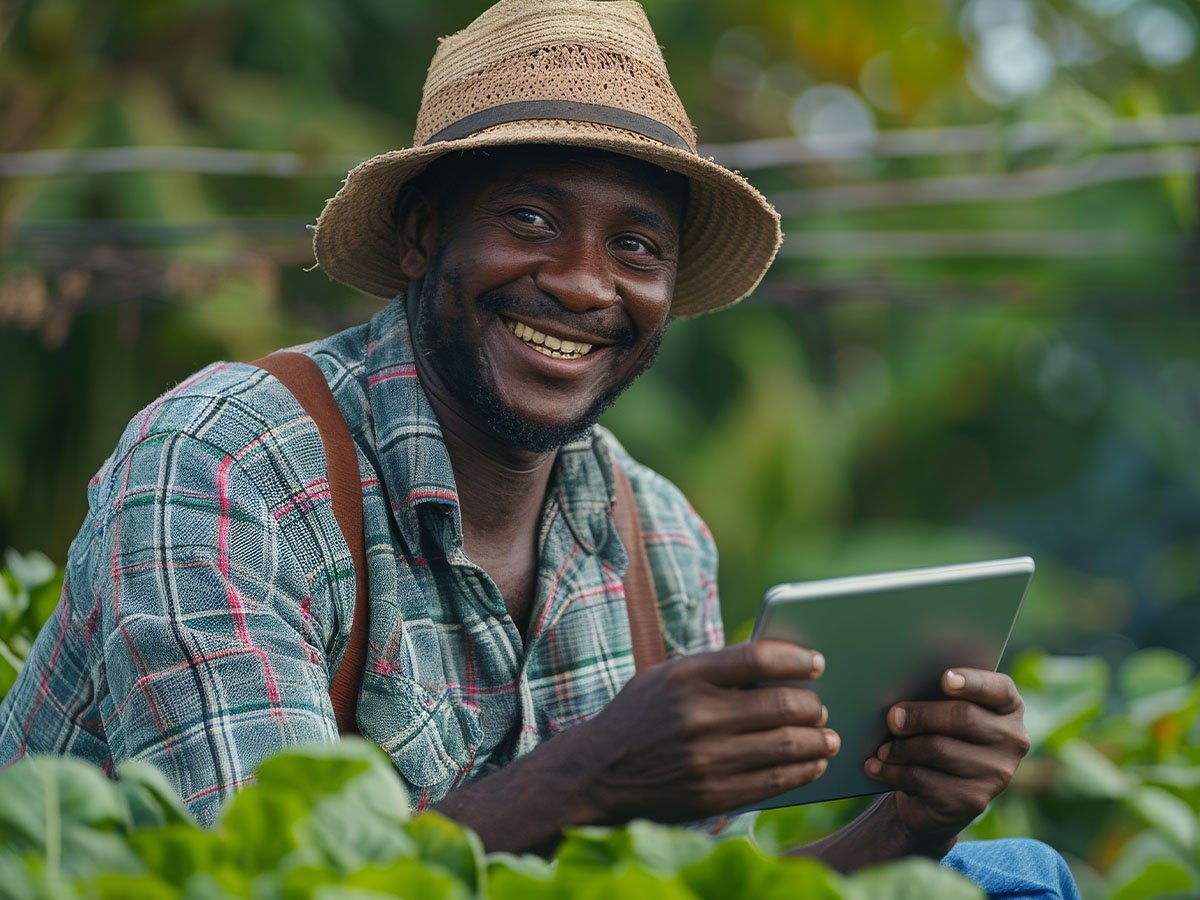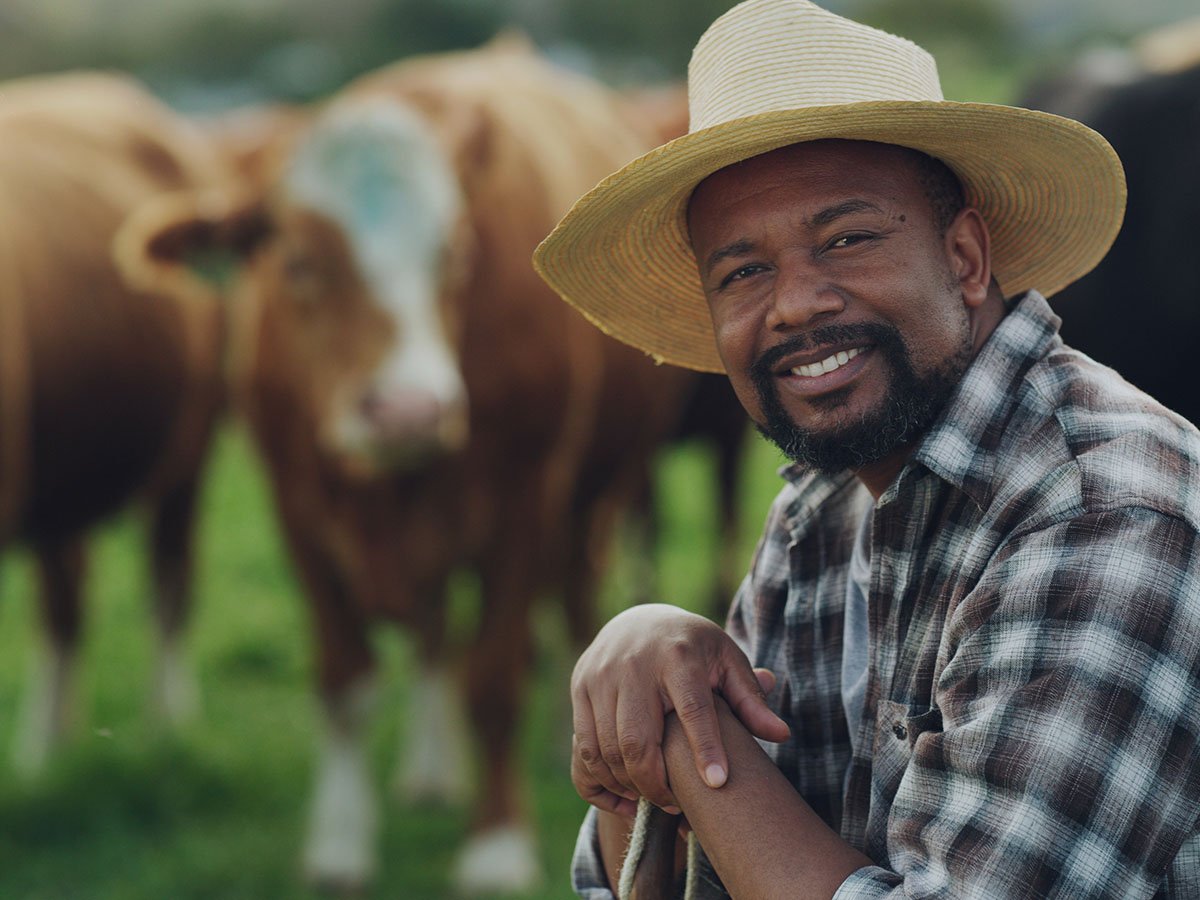Food waste is one of the most pressing challenges in today’s food system. Every year, millions of tonnes of food are lost before they ever reach the consumer from crops spoiling on farms to poor handling and inefficient distribution chains. In Kenya, the story isn’t much different. With a large percentage of fresh produce going to waste due to lack of proper cold storage, delayed transportation, and inadequate market linkages, the need for smart, efficient farm-to-fork practices has never been greater.
That’s where the Farm-to-Fork model comes in and why Soba Renaissance is leading the way in transforming how food moves from farms to consumers. By emphasizing freshness, traceability, sustainability, and quality control, Soba Renaissance minimizes waste while ensuring that every product that reaches your plate is fresh, nutritious, and responsibly sourced.
Understanding the Farm-to-Fork Model
The Farm-to-Fork approach focuses on creating a transparent, efficient, and sustainable food journey from the farmer’s field to the consumer’s kitchen. Instead of long, complex supply chains that increase the chances of spoilage, the Farm-to-Fork model connects producers directly with distributors, restaurants, and households. This streamlined process not only enhances freshness but also significantly reduces food waste across the supply chain.
At Soba Renaissance, this model isn’t just a buzzword it’s a way of life. The company has perfected the art of ensuring that every step of the process, from harvesting to delivery, is optimized for minimal loss and maximum quality. By leveraging local sourcing, smart logistics, and efficient cold-chain management, Soba Renaissance ensures that what’s grown on the farm arrives fresh and ready for your table.
Why Food Waste Happens and How Farm-to-Fork Solves It
Food waste often occurs due to several preventable issues:
-
Overproduction — Farmers growing more than the market demands.
-
Poor storage and handling — Lack of refrigeration and improper packaging.
-
Long distribution routes — Delays between harvest and consumption.
-
Market inefficiencies — Gaps between farmers and buyers.
The Farm-to-Fork system, particularly when managed by an organized and ethical supplier like Soba Renaissance, tackles these problems head-on. By maintaining close relationships with farmers, restaurants, and consumers, Soba Renaissance ensures demand forecasting is accurate, handling is professional, and delivery is timely. This eliminates unnecessary overproduction and keeps the entire chain efficient.
Every tomato, every egg, and every vegetable is accounted for ensuring freshness and preventing waste at every turn.
Smart Farm-to-Fork Practices That Make a Difference
Soba Renaissance employs several innovative practices that ensure food remains fresh, safe, and waste-free:
-
Cold-Chain Logistics: Temperature-controlled storage and transportation ensure perishables maintain their quality from the farm to the consumer.
-
Demand-Driven Harvesting: Farmers harvest only what’s needed, guided by real-time data and predictive supply analytics.
-
Sustainable Packaging: Eco-friendly, biodegradable packaging keeps produce fresh without harming the environment.
-
Local Partnerships: By sourcing locally, Soba Renaissance cuts down on transport time, fuel use, and spoilage.
-
Traceability Technology: Every product is traceable customers can know where their food came from and how it was handled.
These smart practices align perfectly with Kenya’s growing demand for sustainability, health, and ethical food production.
The Impact: Fresher Produce, Stronger Communities
Reducing food waste through the Farm-to-Fork approach isn’t just good for business it’s good for the planet. Less waste means fewer greenhouse gas emissions, better use of resources like water and energy, and stronger local economies. Farmers earn fairer prices, restaurants get consistent quality, and consumers enjoy fresher, safer food.
At Soba Renaissance, this holistic impact is part of the mission creating a responsible, transparent, and premium food ecosystem where everyone benefits.
Soba Renaissance: Kenya’s Leader in Smart Farm-to-Fork Solutions
When you choose Soba Renaissance, you’re not just buying fresh produce you’re supporting a movement toward smarter food systems. Every product reflects careful planning, sustainable farming, and deep respect for nature and people. Whether you’re a restaurant, retailer, or household consumer, partnering with Soba Renaissance guarantees consistent quality, freshness, and ethical sourcing that you can trust.
Choose Quality, Choose Responsibility, Choose Soba Renaissance
In a world where food waste continues to threaten food security and sustainability, Soba Renaissance stands as a symbol of what’s possible when innovation meets integrity. Through its farm-to-fork philosophy, the company ensures that Kenya’s produce doesn’t just feed people it sustains communities and protects the planet.
Choose Soba Renaissance today for your farm-fresh supply where every product tells a story of care, freshness, and purpose.




